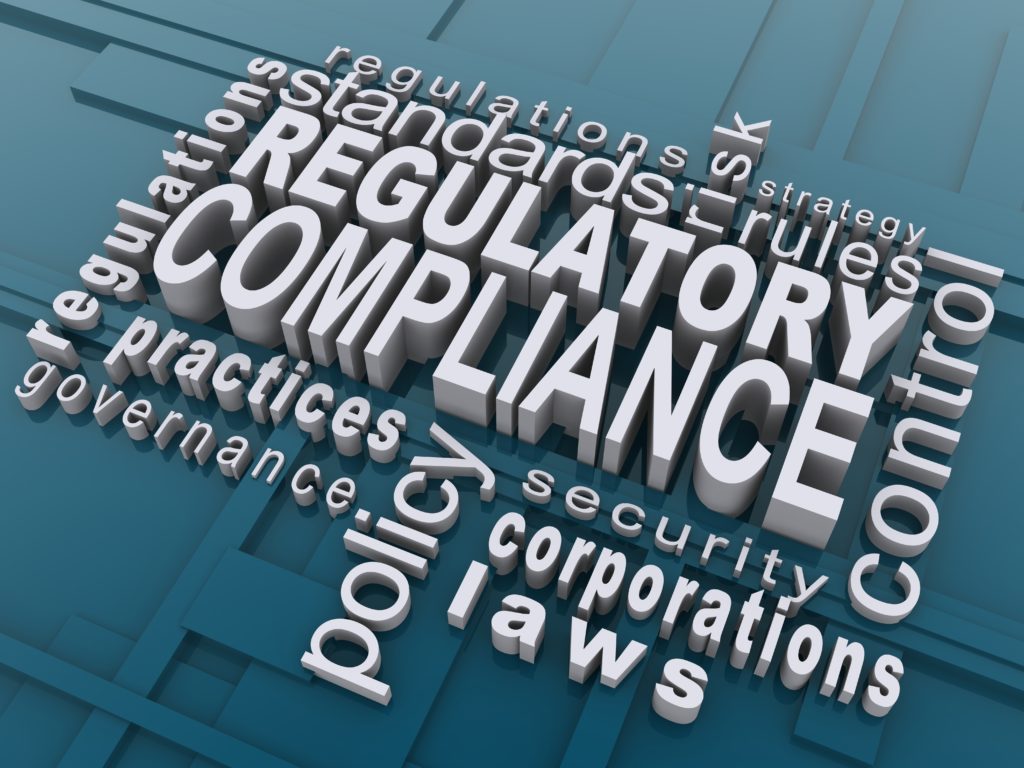It’s Time to Prepare for CFPB Section 1071 Requiring Extensive Data Collection from Small Business Credit Applicants

February 16, 2023
(The following is an analysis of the potential impact of an impending federal rule that will establish requirements for finance companies to collect and report certain kinds of data from small business credit applicants. It’s based on comments made by Paul Bent, Senior Managing Director of The Alta Group, during an interview that Equipment Finance Advisor Publisher Mike Toglia recently conducted with him.)
Around the end of March 2023, the Consumer Financial Protection Bureau (CFPB) is expected to issue a final rule that will impose significant data collection obligations on finance companies — including equipment finance providers — that receive credit applications from small businesses whose gross annual revenue is less than $5 million. While the CFPB likely will make the effective date of the new regulation, known as the 1071 Regulations, about 18 months later, equipment leasing finance companies should begin familiarizing themselves with the rule’s requirements now, and develop a strategy for how to comply with them.
This is particularly true for smaller lenders, given the potentially much heavier burden the rule’s ambiguities — and the elaborate procedures required — will have on smaller finance companies with minimal staff resources.
The rule will implement Section 1071 of the Dodd-Frank Act, a law Congress enacted back in 2010 that created the CFPB and compelled financial institutions to collect and report to the CFPB certain kinds of personal and demographic data from small businesses that applied for credit. The intention was to ensure that no lender discriminated against any applicants on the basis of race, ethnicity, gender or business size.
Essentially, the rule will cover any organization that offers financial services, so it’s a safe bet that virtually all equipment finance businesses will be affected. While there are a few exceptions, none are specific to banks or depository institutions. (True leases are exempt from the rule, but that may be little comfort to many of those impacted by 1071.)
Compliance with the rule may be challenging, in part, because there are so many data points — about two dozen — to be collected. This includes, but is hardly limited to:
- the purpose for the credit application;
- how the application is submitted;
- the gender, race and ethnicity of the applicant its controlling;
- how much credit was approved;
- the reason for denial or approval; and of course
- all minority ownership information.
But the regulatory thicket gets even denser than that.
Take the ethnicity disclosure requirement, for instance. If a borrower identifies as Asian, the lender also must determine their specific Asian ethnicity. And if the borrower refuses to state, the lender must “surmise” the applicant’s ethnic group.
The rules require that data not be collected by anyone involved with credit approvals; but if you’re a smaller finance company, how can you manage this? The small workforce becomes problematic with another requirement, too, because the finance company must retain the data that it collects for three years and also file an annual report about it. We don’t yet know how detailed or voluminous these reports must be, but they will surely be a burden for companies that don’t have staff specifically dedicated to 1071 compliance.
So, what specific steps should equipment finance entities take to ready themselves for the new rule?
Since some of the required data are already being collected by ELFA members, the best thing they can do is develop a process for organizing the data points for quick and efficient reporting to the government.
It’s also advisable for equipment finance lenders to follow what the ELFA is doing in its attempts to make the 1071 regs — which haven’t been finalized yet – less difficult to implement. As the effective date of the regulation appears imminent, it’s also likely that more potential options to ease its burden will emerge from discussions among equipment finance providers.
Right now, though, it’s best for equipment finance businesses to be as proactive as possible in anticipating how the rule will affect them. It probably won’t cause problems for major bank leasing companies. However, smaller lenders working mostly as third-party originators with smaller credit applicants should focus on their application process, because that’s where the rule applies. Companies with limited resources will probably face the biggest adjustments, so they’re the ones that need to get ahead of this now and determine how they’re going to cope with the new 1071 reality.
Get Alta Insights,
written by our advisors delivered to your inbox.
By submitting this form, you are consenting to receive marketing emails from: The Alta Group. You can revoke your consent to receive emails at any time by using the SafeUnsubscribe® link, found at the bottom of every email. Emails are serviced by Constant Contact